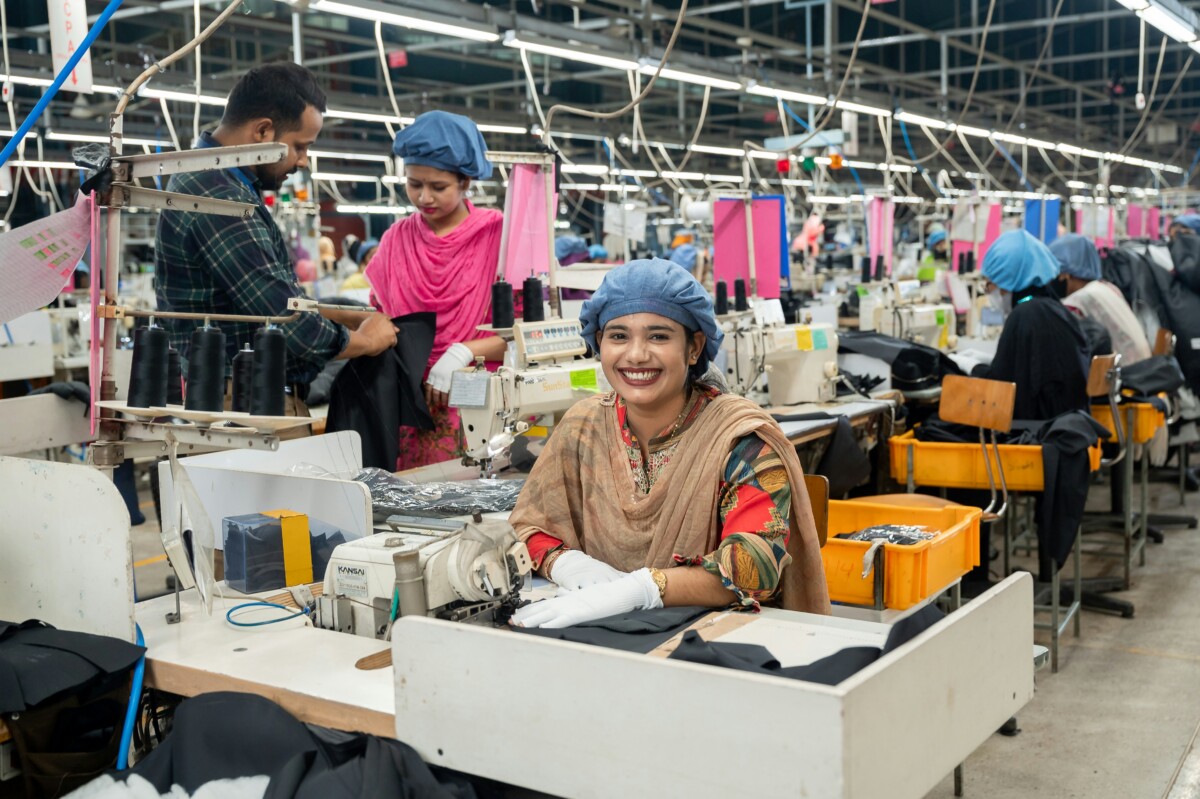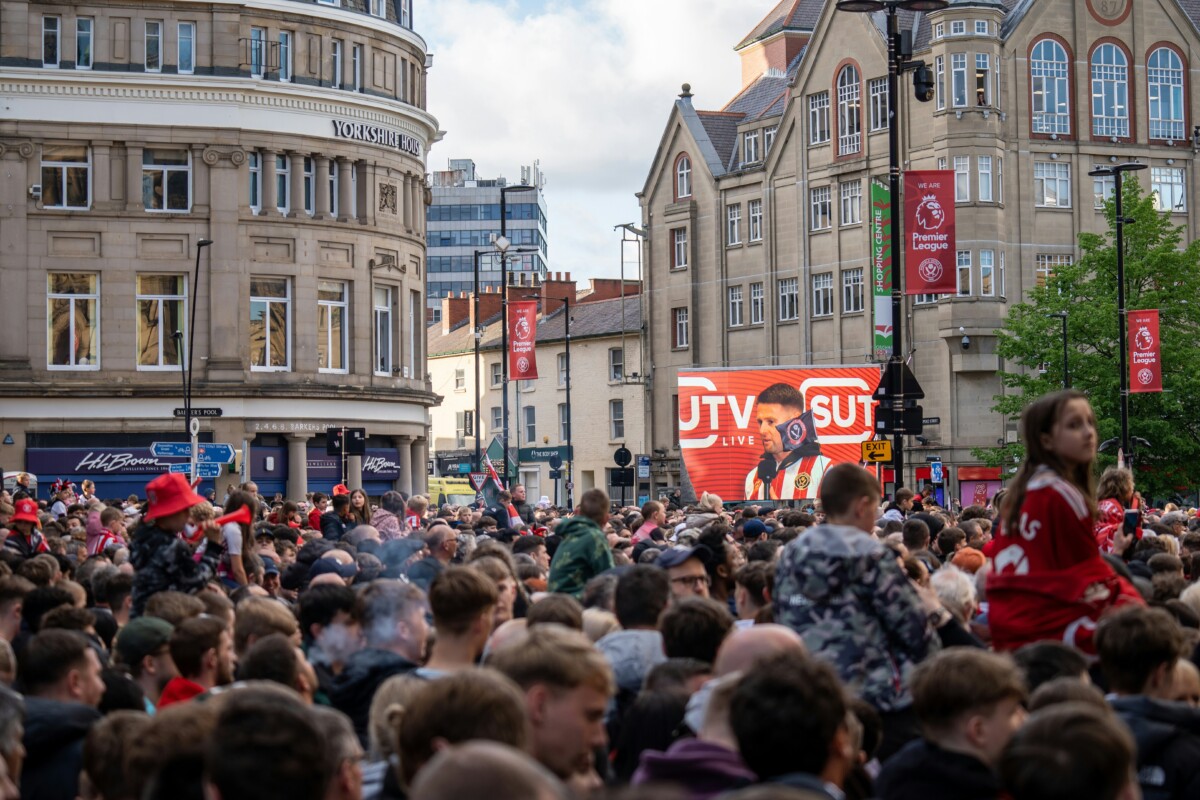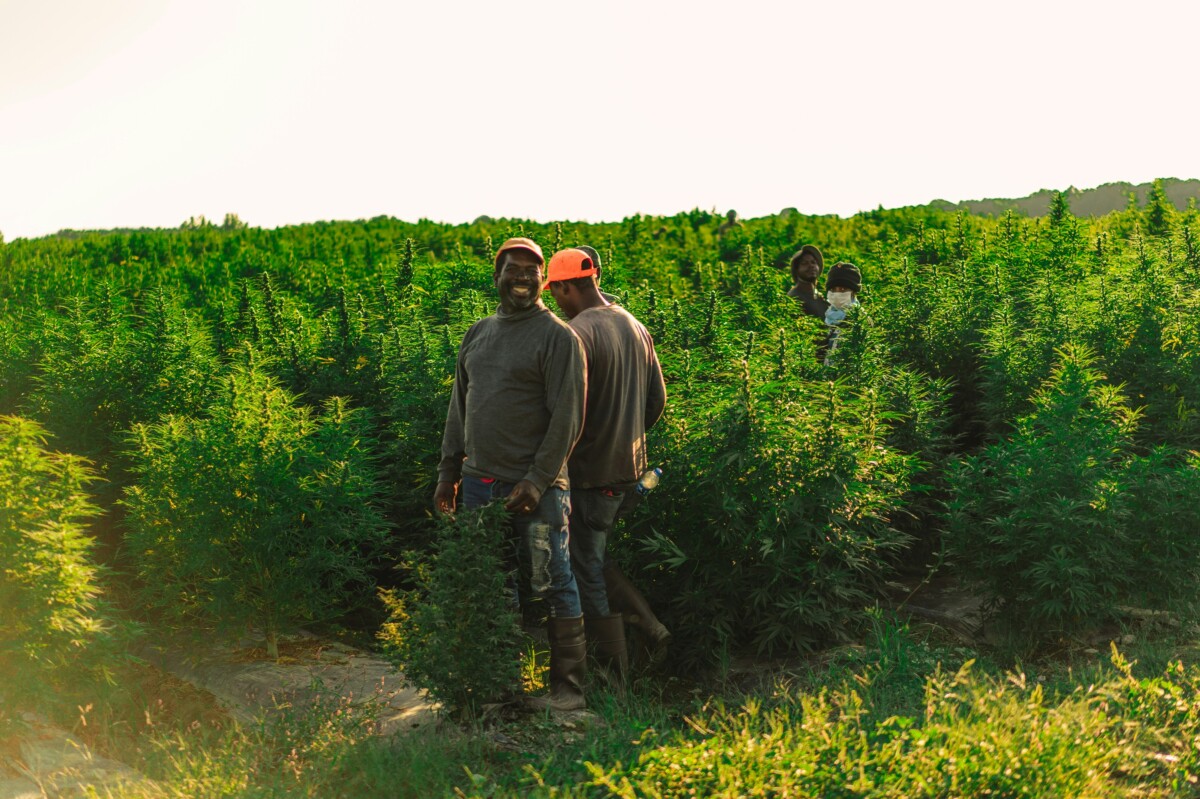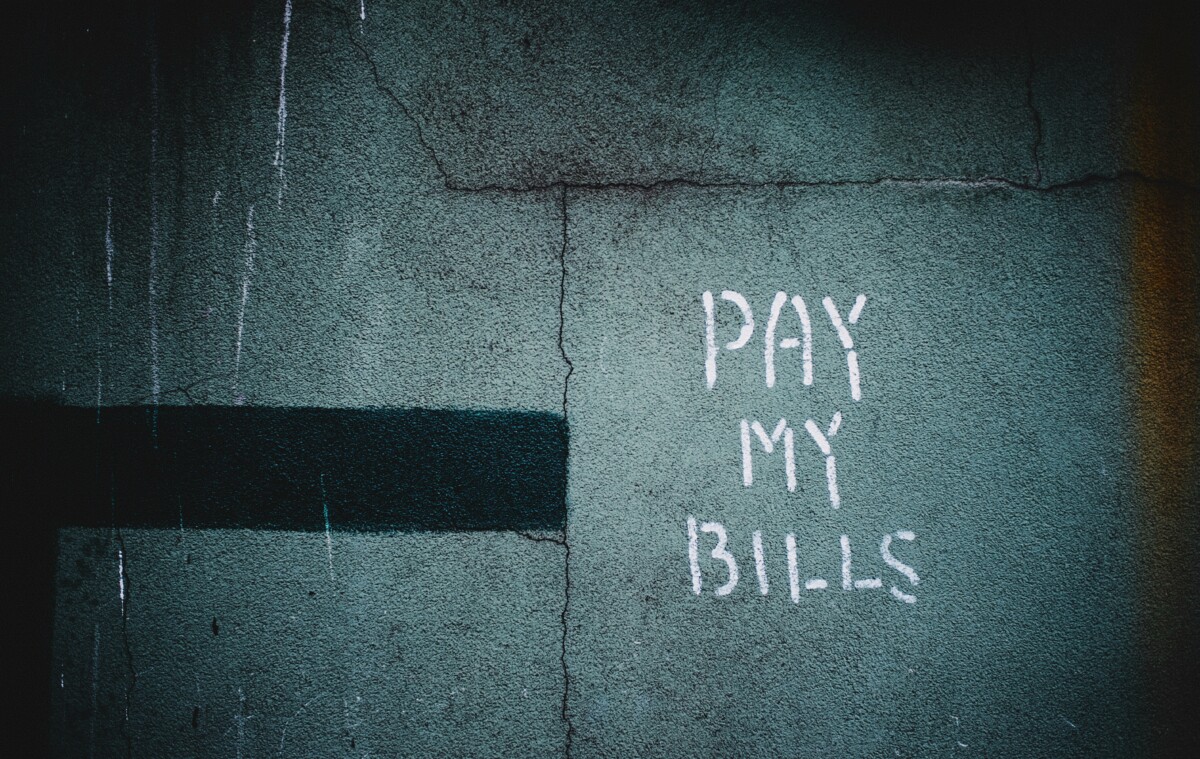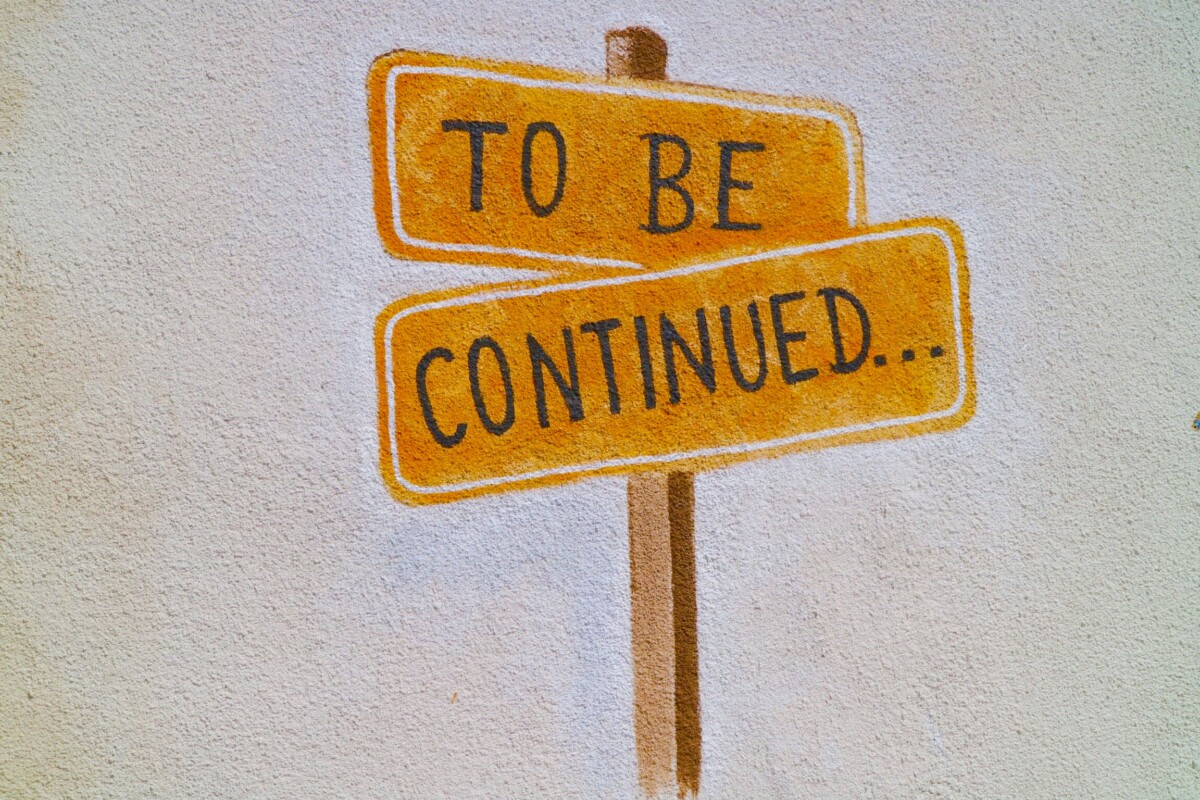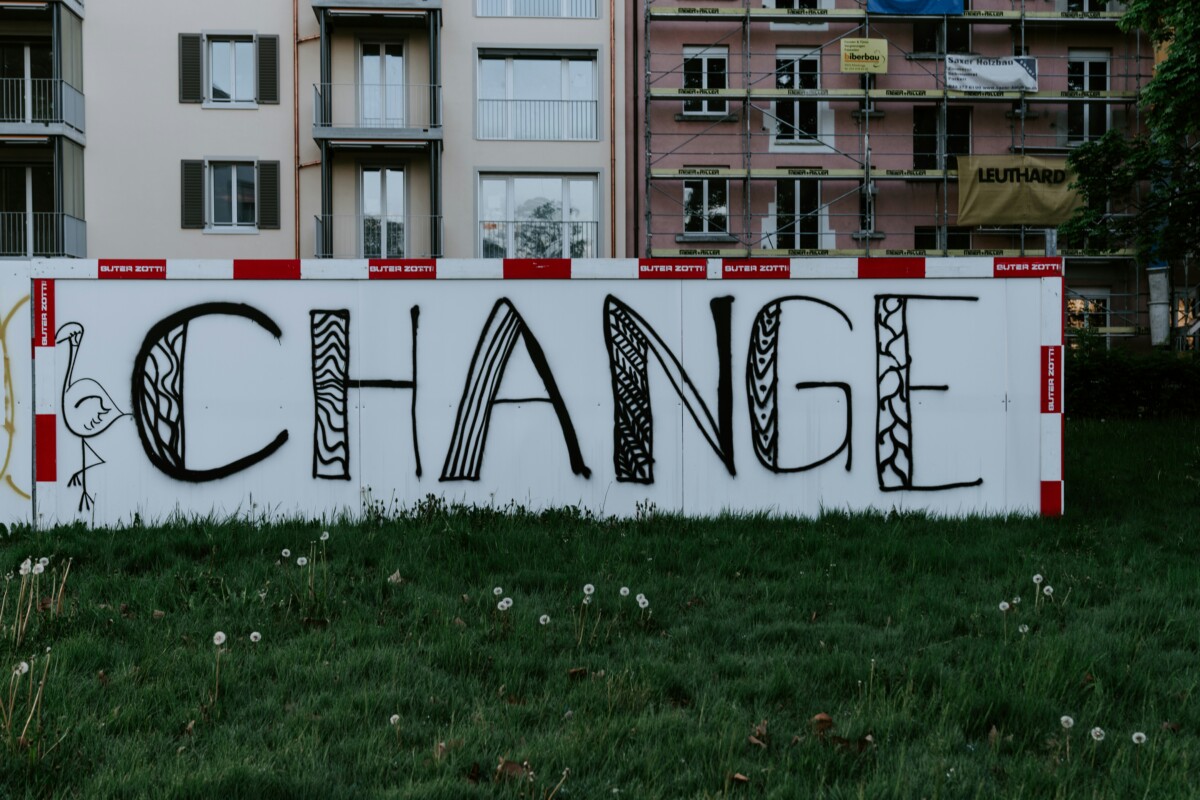The New Demands of Regenerative Business
Listen to the full podcast episode on YouTube, Spotify, and Apple Podcasts.
Scene and Context
Businesses in many sectors are finding that traditional sustainability is no longer enough. Insurance firms are pulling out of high risk regions. Food supplies are exposed to soil decline. Heat and flooding are disrupting infrastructure. These patterns frame Hannah Pathak’s article Beyond Sustainability: Businesses Embrace Regenerative Systems Thinking.
Hannah sets out a clear shift. Sustainability often meant doing less harm. Regeneration means strengthening the systems that companies rely on. She links this to Doughnut Economics and highlights examples in farming, construction and energy that show how restored systems create more stable value.
On the podcast, Zoe put it plainly.
Regeneration requires seeing how “health systems, economic, energy, food, social and planetary systems” are connected.

Formation and Early Influences
Zoe traces her worldview back to an experience at eleven, when she lost her father.
He had been “a serial entrepreneur” who once drew the praise of Bill Gates as “the most dynamic man he’d ever met.”
There was a cost behind that drive and his early death shaped her sense of limits and purpose.
A health scare later in life led her to pause her career and travel Europe in a campervan. She described learning “how to be more in tune with my body” and understanding that energy is finite.
These experiences influence how she works. They give her a sharp awareness of the tension between ambition and wellbeing, something she now sees across the sustainability field.
Turning Point
Zoe spent nearly eight years at Mott MacDonald in climate, ESG and strategy roles. Her LinkedIn profile shows work on net zero coalitions, ESG strategy and digital change before moving into climate risk and industry collaboration.
Her major turning point was contributing to the leadership of the second iteration of the Physical Climate Risk Appraisal Methodology (PCRAM), an industry first methodology, translating physical risk into a compelling case for investing in resilience.
Zoe was proud to have been involved in industry leading collaborations.
She said launching PCRAM at London Climate Action Week “gave me the confidence to start my independent practice.”
It showed her the power of shared methods and the value of collaboration across investors, engineers and policymakers.
The Work She Is Doing Now
Zoe now runs her own climate and sustainability advisory practice and is co founder of Overstory Earth, which helps city residents reconnect with nature.
Her focus is regenerative strategy. She stresses that regeneration does not rely on waiting for new technologies, but re-balance existing systems and practices.
“We have all of the tools already today.”
Hannah’s article supports this view with concrete examples. Regenerative agriculture restores soil health and improves yields. Energy companies shifting from fossil fuels to renewables are strengthening long term resilience. Construction firms using nature based materials are improving water retention and air quality.
Zoe gave a direct example from farming. Years of monocropping and tilling have caused “mass desertification” in parts of the United States.
When yields fell and the impact hit “the livelihoods” of farmers, many turned to regenerative practices.
The result was healthier soil and more reliable output.
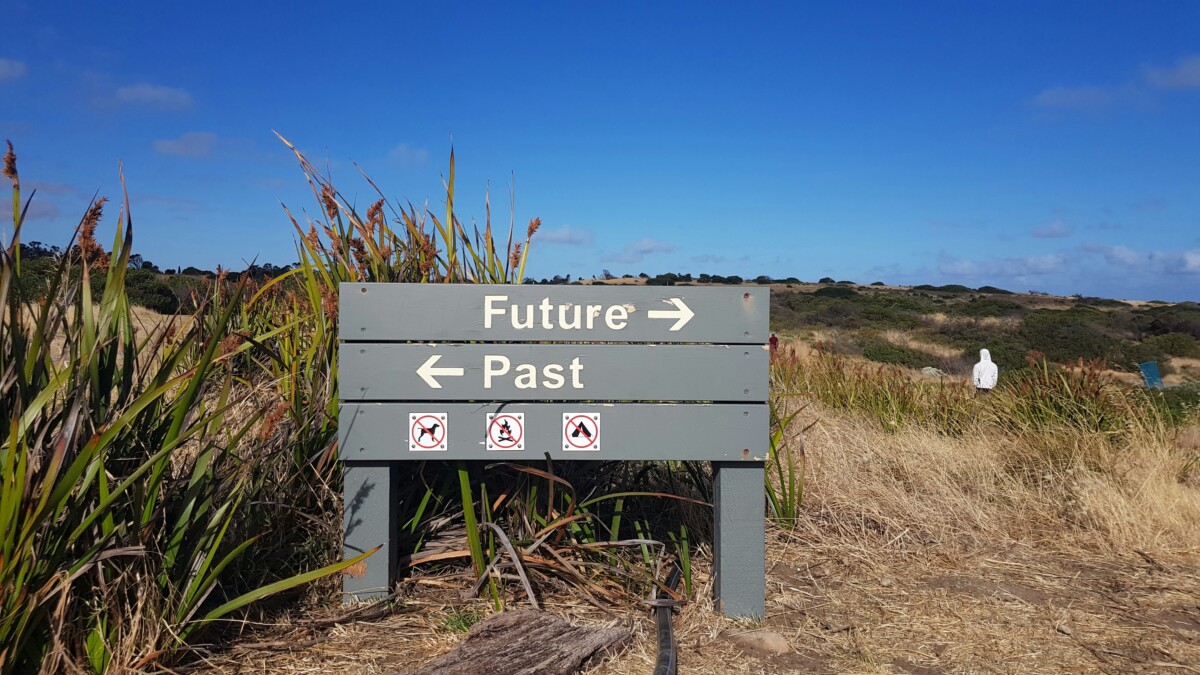
The Tension
The largest challenge is time. Most organisations still operate on short cycles. Quarterly targets, investor expectations and internal promotion systems all pull leaders toward near term decisions.
Zoe captured the tension clearly. Businesses that want to exist “in fifty or a hundred years time” need to think on that scale.
Hannah’s article points to the same pressure. Regeneration depends on soil health, supply chain strength, stable communities and long term assets. These conditions do not fit neatly inside current reporting models.
A further tension sits inside the work culture itself. Zoe said that stepping into independent practice revealed a generous community of founders and freelancers.
“People are so generous with their time,” she said.
This collective mindset aligns more closely with regenerative thinking than the competitive structures found in many large organisations.
Closing Reflection
Asked what she would change about the commercial world, Zoe said she would give decision makers “goggles to really see into the future.”
The image is simple but sharp. Regeneration depends on choices made before systems fail. It requires clear sight of consequences and a willingness to act early.
Pathak’s article argues that regeneration is already within reach. Zoe’s experience shows what it looks like in practice. The question now is whether organisations can adjust their time horizons fast enough to match the pace of change around them.
Sponsored by...
truMRK: Sustainability Communications You Can Trust
👉 Learn how truMRK helps organisations strengthen the credibility of their communications.
Want to be a guest on our show?
Contact Us.
The Responsible Edge Podcast
Queensgate House
48 Queen Street
Exeter
Devon
EX4 3SR
Recognition.
Join 2,500+ professionals.
Exploring how to build trust, lead responsibly, and grow with integrity. Get the latest episodes and exclusive insights direct to your inbox.
© 2026. The Responsible Edge Podcast. All rights reserved.
The Responsible Edge Podcast® is a registered trademark.
Sponsored by truMRK
© 2026. The Responsible Edge Podcast


